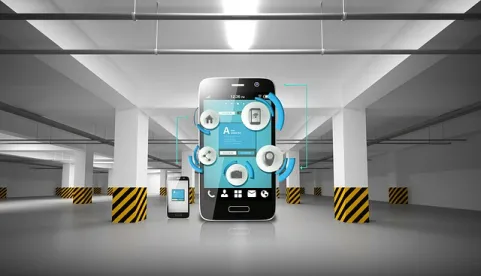At this year’s Consumer Electronics Show, automotive technology continued its growing role at the show and shared the spotlight with virtual and augmented reality systems, video recording toothbrushes, and smart home products such as hairbrushes, beds, and chairs. Automotive technology companies made up about one fifth of the exhibitors, and the exhibitors are creating ripples with their futuristic concepts, self-driving car advancements, and connected car technologies.
 In the artificial intelligence realm, multiple automakers announced they will add virtual assistant technology to their vehicles: Nissan and BMW with Microsoft’s Cortana, Ford with Amazon’s Alexa, Hyundai with Google Assistant, and Toyota with its own digital assistant named Yui. Toyota’s Yui is touted as a “powerful AI that learns with the driver to build a relationship that is meaningful and human.” Carmakers are also highlighting the ability to close net-connected garage doors, use voice activated commands to start the car and set the temperature, and even make restaurant reservations.
In the artificial intelligence realm, multiple automakers announced they will add virtual assistant technology to their vehicles: Nissan and BMW with Microsoft’s Cortana, Ford with Amazon’s Alexa, Hyundai with Google Assistant, and Toyota with its own digital assistant named Yui. Toyota’s Yui is touted as a “powerful AI that learns with the driver to build a relationship that is meaningful and human.” Carmakers are also highlighting the ability to close net-connected garage doors, use voice activated commands to start the car and set the temperature, and even make restaurant reservations.
In the world of self-driving cars, the Self-Driving Technology Marketplace showcased a variety of self-driving technologies, ranging from safety technologies such as night vision and automated braking, to test drives in a self-driving modified Audi Q5 outfitted with Delphi’s self-driving technologies. Nvidia revealed the first self-driving car computer, the ZF ProAI. Faraday Future showed off its self-driving electric car, FF91, that can accelerate from 0 to 60 mph in 2.39 seconds. Bosch’s concept car provided a window into the future of personalization in cars.
And to protect all of the above, Harman presented its anti-hacking software, demonstrating live how the software can rebuff an attack.
The excitement building around self-driving technology will continue to pick up speed this month as Automobili-D showcasing connected car and autonomous technologies kicks off January 8 at the North American International Auto Show.




 />i
/>i

